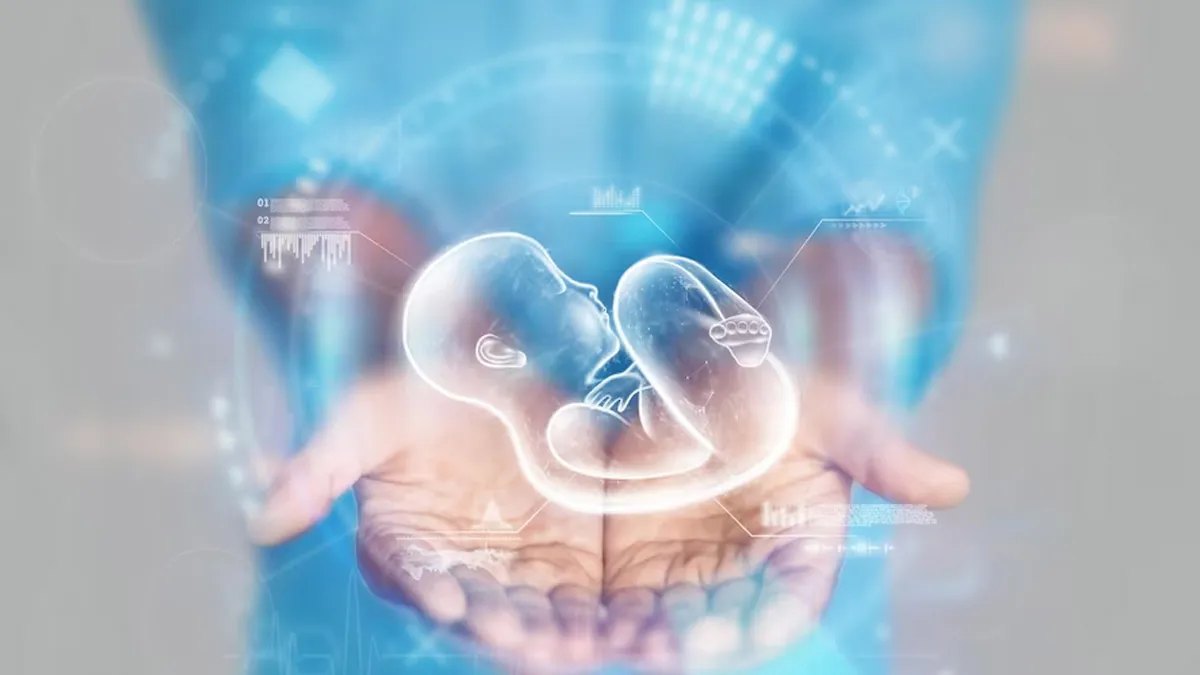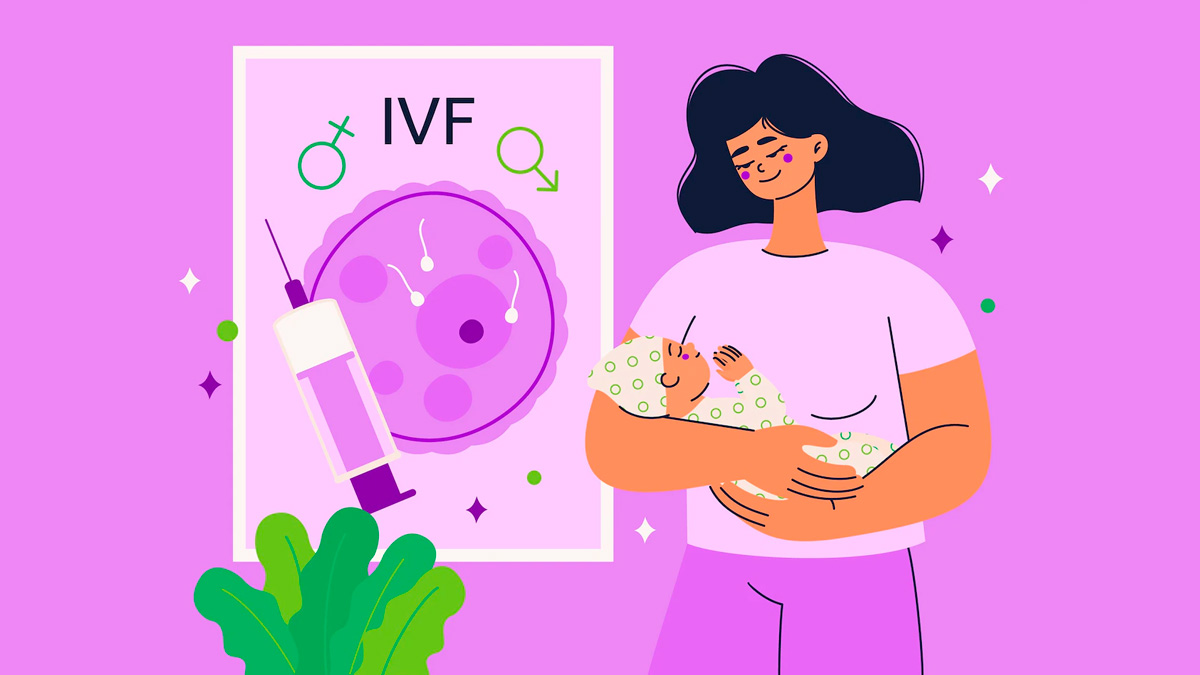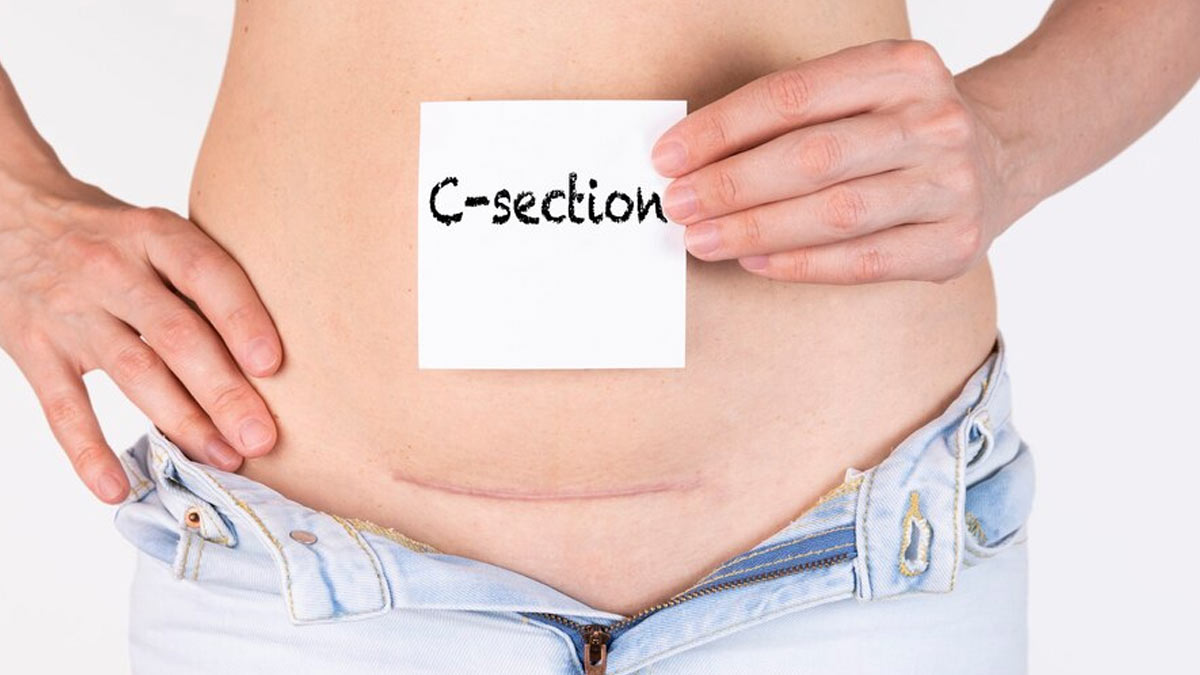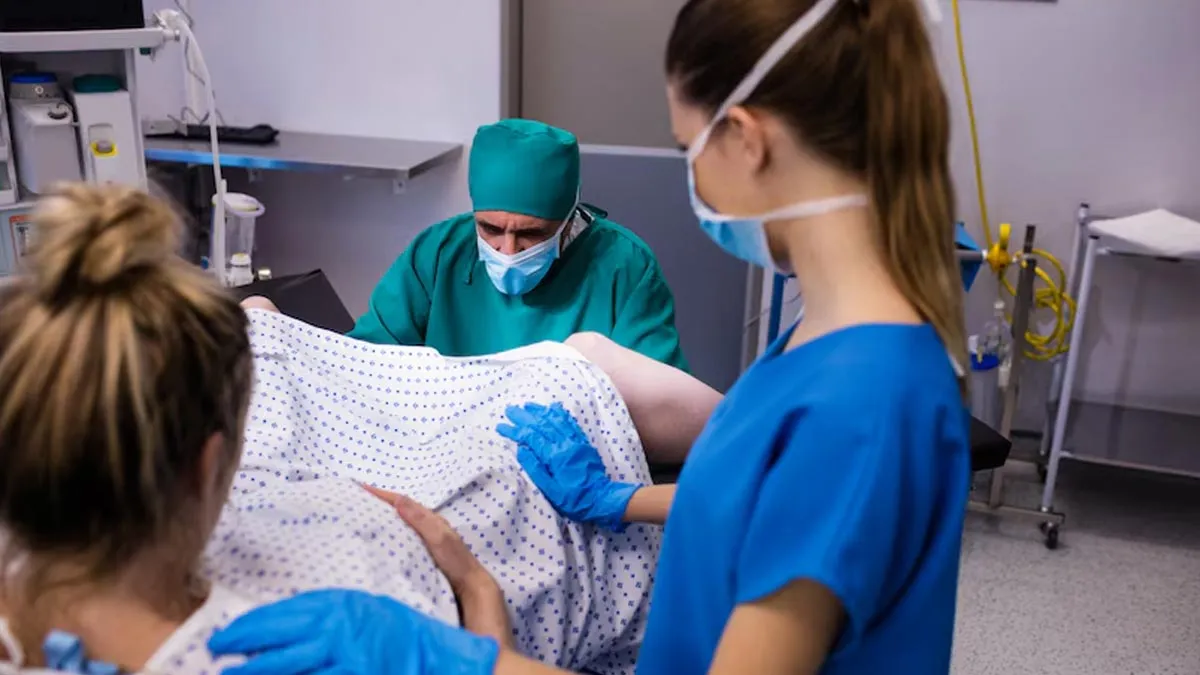
South Korean actor Lee Si Young has welcomed a baby girl through in-vitro fertilisation (IVF), just months after her divorce. The news quickly made headlines across Korean entertainment media, with fans congratulating the actor for embracing motherhood with such strength and grace.
Table of Content:-
But her story has also sparked a common question: can IVF babies be delivered naturally, or is a C-section always needed? To understand the truth behind this, we reached out to Dr Akash Dilip Surana, Clinical Director for Fertility Department at Cloudnine Group of Hospitals, Nerul and Navi Mumbai, who shared valuable insights about IVF pregnancies and delivery options.
Lee Si-young’s Post on Delivering a Baby Through IVF
View this post on Instagram
In her social-media post, Lee revealed that she used a frozen embryo created during her former marriage, and went ahead with implantation after her divorce. She wrote in her caption: “I consider this a gift from God. I will make sure my children live happily.”
Her decision stirred conversation in Korea and beyond: for many, her story reflects how assisted reproductive technologies (ART) are reshaping fertility and motherhood for women outside traditional partnership models.
Expert Insights on IVF and Mode of Delivery![]()
Dr Akash Dilip Surana clears the confusion many have about IVF babies and delivery type. He says, “It’s a myth that the way a baby is conceived.” He further adds, “It’s not the mode of conception that determines the type of delivery, whether it is a natural conception or an IUI or an IVF. It doesn’t determine the mode of delivery. Practically, the uterus doesn’t come to know from where the embryo is coming.”
Naturally, IUI, or IVF, decides how it will be delivered. The body treats all pregnancies the same, no matter where the embryo comes from.
ALSO READ: C-Section Vs Natural Birth: Which Poses A Higher Risk Of Urinary Incontinence Later In Life?
What Influences The Mode of Delivery?![]()
Dr Surana lists several important factors:
- Maternal age — higher age increases the chance of operative delivery.
- Comorbidities — such as hypertension, diabetes, and hypothyroidism.
- Multiple pregnancies — twins or more often lead to caesarean sections.
- Foetal conditions — e.g., intrauterine growth restriction, low amniotic fluid, breech presentation.
- Previous caesarean section — history can steer toward another operative delivery.
ALSO READ: Early Postpartum Exercise: How To Get Started Safely, Tells Maternal Fitness Educator Sucheta Pal
Why Cesarean Rates Are Higher in IVF Pregnancies![]()
“IVF patients often are above 30 years old and may have underlying health issues, making cesarean more common but not inevitable,” explains Dr Surana. “Plus, IVF sometimes results in multiple pregnancies, which need cesarean delivery. Many couples also prefer cesarean for safety and peace of mind, contributing to higher cesarean rates after IVF.”
Is Cesarean the Only Option for IVF Delivery ![]()
Dr Surana explains, “If you ask whether IVF is an indication for caesarean section, no. The mode of delivery depends upon your journey, like if the mother is healthy, the baby is healthy, the weight is good, the fluid around is good, and there are no more comorbid conditions, then it can be delivered safely vaginally also.”
What this means is that yes, babies conceived via IVF can be delivered vaginally. The determining factors are the same as for any pregnancy, not the conception method itself.
A study showed that among infertile women who conceived after reproductive surgery, the mode of conception (natural or IVF) did not significantly increase the odds of preterm delivery <37 weeks (OR ~1.07 for IVF vs natural), though <32 weeks showed a somewhat higher odds (OR ~2.25) but was not statistically significant.
ALSO READ: How Breast Size Changes After Delivery? Expert Shares What New Moms Need to Know
Conclusion
Lee Si Young’s IVF birth story raises an important question about how IVF affects delivery. Experts clarify that mode of delivery depends more on health and pregnancy conditions than conception type. With proper medical support, many IVF babies can be delivered naturally, reflecting the advances in reproductive and obstetric care.
Also watch this video
Read Next
Parenthood Against the Odds: IVF Stories That Speak to India’s Changing Fertility Landscape
How we keep this article up to date:
We work with experts and keep a close eye on the latest in health and wellness. Whenever there is a new research or helpful information, we update our articles with accurate and useful advice.
Current Version
Nov 06, 2025 13:49 IST
Published By : Vivek Kumar



